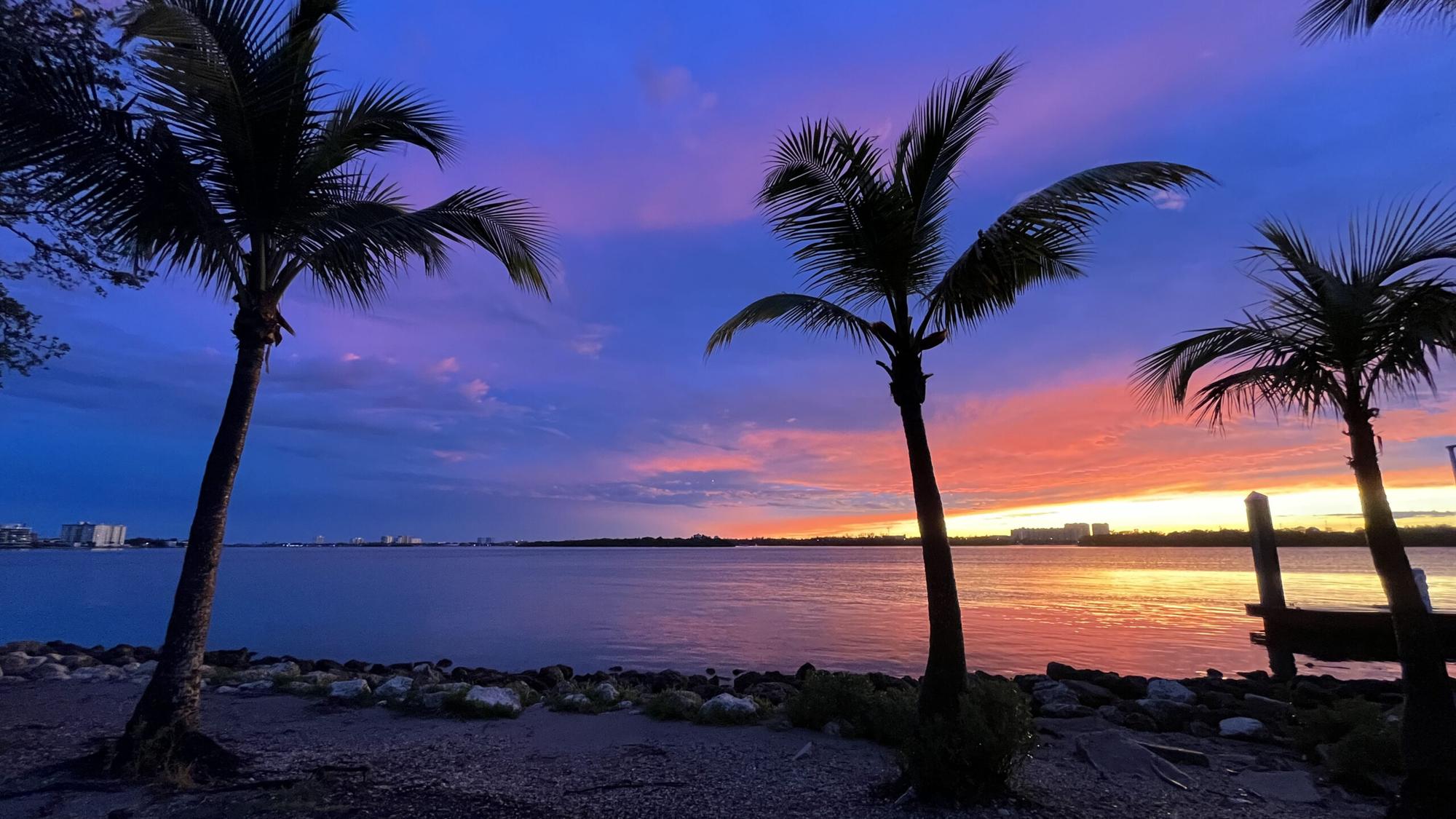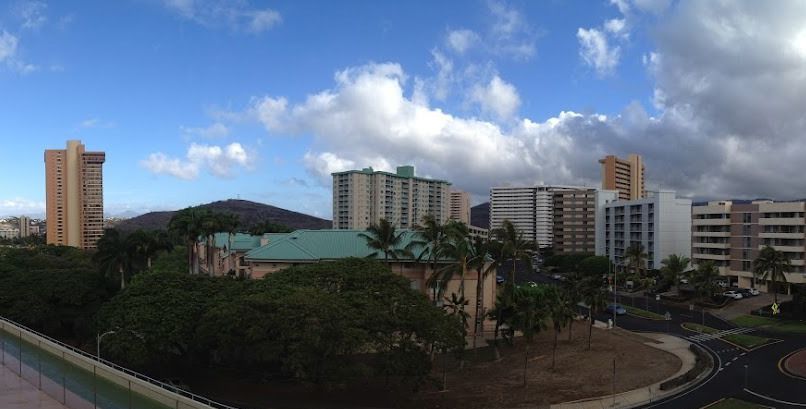Hawaii, known as the Aloha State, has a nuanced history with cannabis legalization, particularly concerning its medical use. This article explores the key milestones in Hawaii’s cannabis legislation and examines the potential benefits of medical cannabis as an alternative to pharmaceutical drugs.
Timeline of Cannabis Legalization in Hawaii
- 2000: Hawaii became the first U.S. state to legalize medical cannabis through legislative action with the passage of Act 228, also known as the Hawaii Medical Marijuana Act. This law permitted patients with specific medical conditions to use cannabis with a physician’s recommendation.
- 2015: The state enacted Act 241, establishing the Medical Marijuana Dispensary Program, which allowed for the creation of licensed dispensaries to provide patients with safe access to medical cannabis.
- 2019: Hawaii decriminalized the possession of small amounts of cannabis. Under the new law, possession of up to three grams of marijuana was reduced to a civil violation, punishable by a fine of $130, rather than a criminal offense.
- 2023: Discussions regarding the legalization of recreational cannabis intensified. Governor Josh Green expressed support for legalization, marking a significant shift from previous administrations. However, as of January 2025, recreational cannabis remains illegal in Hawaii.
Medical Cannabis as an Alternative to Pharmaceutical Drugs
Medical cannabis has been recognized for its potential to alleviate various health conditions, offering an alternative to traditional pharmaceutical treatments.
Benefits Over Prescription Medications
- Reduced Side Effects: Studies have indicated that medical cannabis may have a more favorable side effect profile compared to certain prescription medications. For instance, research from the University of Michigan found that users rated marijuana better than pharmaceutical drugs in terms of effectiveness, side effects, availability, and cost.
- Pain Management: Cannabis has been utilized to manage chronic pain, potentially reducing the reliance on opioids. Given the opioid crisis, medical cannabis presents a promising alternative for pain relief with a lower risk of addiction and overdose.
- Patient Preference: Surveys have shown that a significant number of patients prefer medical cannabis over prescription drugs. A study highlighted that 63% of patients reported using medical marijuana as a substitute for prescription medications, such as opioids, sedatives, and antidepressants.
Conditions Treated with Medical Cannabis
In Hawaii, qualifying conditions for medical cannabis use include:
- Cancer
- Glaucoma
- HIV/AIDS
- Epilepsy
- Multiple sclerosis
- Rheumatoid arthritis
- Lupus
- Post-traumatic stress disorder (PTSD)
Patients suffering from these conditions may find relief through medical cannabis, potentially minimizing the need for multiple pharmaceutical prescriptions.
Progressive Stance
Hawaii’s progressive stance on medical cannabis legalization reflects a broader recognition of its therapeutic potential. By providing a legal framework for medical cannabis use, the state offers patients an alternative to traditional pharmaceuticals, which may come with undesirable side effects or risks. As research continues to shed light on the benefits of medical cannabis, Hawaii’s approach serves as a model for integrating alternative therapies into healthcare.


